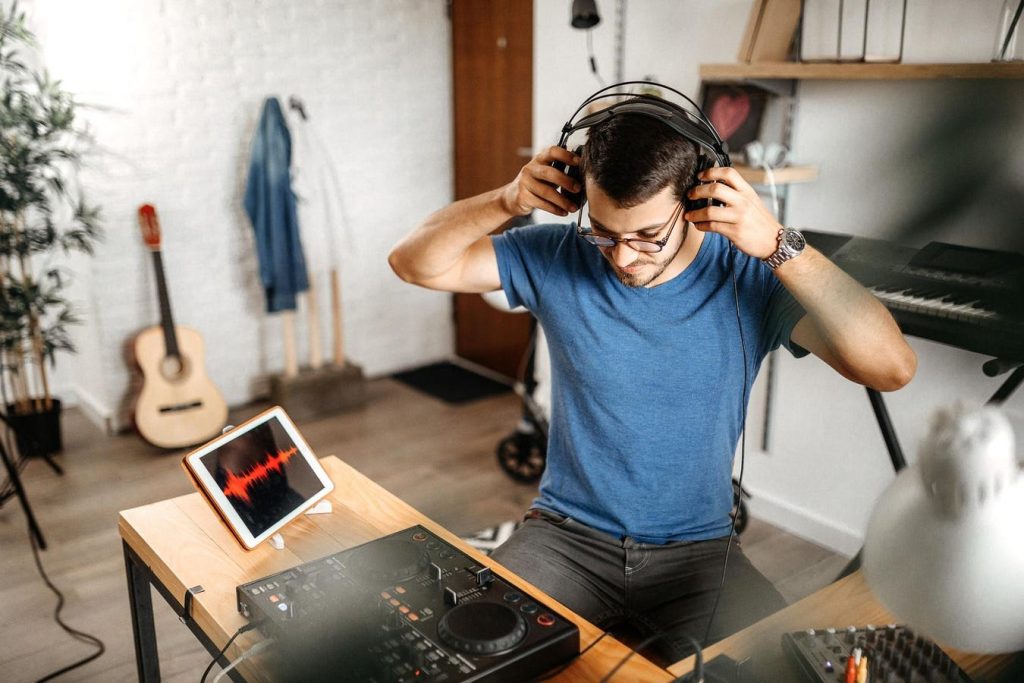Michael Huppe, who serves as President & CEO of SoundExchange and is also an adjunct music law professor, published author, frequent contributor, and lecturer, has been at the forefront of a critical debate within the music industry. The question being asked is whether artificial intelligence (AI) will enhance the creative process for artists or potentially lead to its downfall. Huppe believes that in order for AI to benefit the industry, there needs to be regulatory directives in place to ensure that it supports creators.
With the emergence of new platforms and technologies, it is crucial to establish clear and unambiguous ways to support the creators who are the heart and soul of the music industry. Creators have been experimenting with AI over the past year, with successful results. For example, Paul McCartney used AI to rework an old John Lennon demo and create a new Beatles release, while the K-pop group MIDNATT released a song in six different languages simultaneously. Tools like BandLab Songstarter have also been utilized by musicians to overcome writer’s block and come up with new ideas for lyrics and beats.
Despite the promising uses of AI in music creation, there are valid reasons for caution. One major concern is the risk of AI marginalizing creators by potentially replacing people with AI engines. This could have a detrimental impact on middle-class musicians, including session players, producers, and backing vocalists. Huppe also worries about the use of new software to produce a high volume of substandard autonomous content, which could cut creators out of the process entirely.
There have been multiple federal lawsuits regarding the rampant scraping of intellectual property for commercial purposes, raising serious questions about copyright infringement. Huppe believes that the music industry should align around the three Cs of music and AI: Consent, credit, and compensation. AI companies and platforms should obtain consent from artists and rights holders before using their content, creators should receive credit for their contributions, and they should be fairly compensated when their intellectual property is used. Huppe sees this as the path forward for the industry to embrace AI.
Huppe emphasizes the need for the music industry to find a constructive way to embrace AI and ensure that creators remain at the center of music. He points to a global alliance of more than 170 organizations from 34 countries that have signed on to principles outlined by the Human Artistry Campaign, which aims to protect the value of human expression, creativity, and artistry in the face of AI advancements. Looking ahead, Huppe is optimistic that if the AI industry adopts responsible principles for its use, artists will find new ways to leverage these tools to create innovative works.


